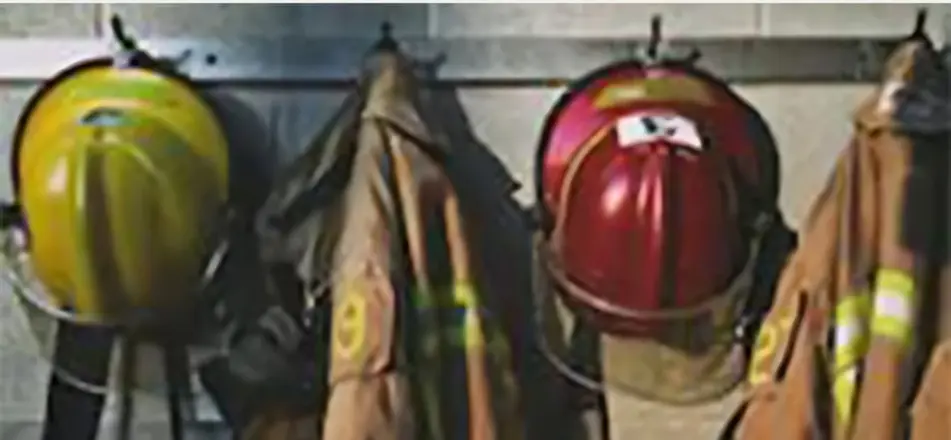Improving Access to Connecticut Workers’ Compensation for Firefighters with Cancer

Cancer Presumptions in Connecticut Law
Firefighters are the ones who put their lives in danger to save ours. They act promptly and bravely and play a crucial role in society. They are here to protect us, but who protects them when they get sick? The risk of cancer among firefighters is 9% higher than the general population. The dangerous fumes and toxins released during fires contribute to this elevated risk. But the good news is, the Connecticut legislature has stepped forward and passed a new law, improving access to the workers’ compensation benefit for firefighters who develop cancer because of their work. In this blog post, we take a deeper dive into how this law can benefit firefighters.
Prior to the recent legislation (effective October 1, 2023), firefighters in Connecticut had to prove that the cancer was specifically caused by their work to receive workers’ compensation. It was an added burden because firefighting is itself a cause of negative health consequences. But with the new law, a simpler process is now in place. The law presumes that firefighters who get certain cancers have developed the disease because of their job. Therefore, firefighters who have served for more than five years are now eligible to claim workers’ compensation for certain cancers.
Additionally, the revised law covers various types of medical costs associated with cancer treatment, including surgery, hospitalization, chemotherapy, radiation therapy, and the like. The amendments to the law have made life easier for firefighters and their families as they no longer have to worry about the high costs of cancer treatment.
The recent legislation considers cancer a “single and distinct” injury (as opposed to injuries caused by multiple exposures at the workplace) that makes it easier for firefighters to prove their claim. With this provision, firefighters need not establish to which specific instance of exposure their cancer was due to.
Individuals working with fire departments should know that it doesn’t matter whether they served full-time or part-time to avail the benefits of workers’ compensation for cancer. What matters is that they served for at least five years in a Connecticut Municipal Fire Department, which includes a paid or volunteer fire department or a combination of both.
The new law contemplates that firefighters deserve the best care possible and has hence taken necessary steps to protect them. While the law has eased the burden of firefighters, there remains legal obstacles should the insurance carrier seek to rebut the presumption or contest the relationship between the particular cancer and the workplace exposure.
In Summary:
Firefighting is a dangerous job, and there is always a chance of getting injured or sick. Cancer is a severe illness, and the treatment can be costly. However, current law has taken an important step in protecting firefighters and granting them workers’ compensation to include benefits and treatment. It’s great to see the Connecticut legislature taking these measures, and we hope other states follow suit. To all firefighters, we stand with you, and thank you for your service.
Contact A Stratford, CT Workers’ Compensation Attorney
Hiring the proper expert is most important in navigating firefighters through what is a complex legal scenario. While the new law helps firefighters, it is imperative to consult with a legal expert who understands the challenges when dealing with the contest of a workers’ compensation claim. Should you have any questions regarding a firefighter’s entitlement to workers’ compensation when cancer has been diagnosed, contact Morizio Law Firm at 203-386-1433. The consultation is free and our expert lawyers will address your legal needs.

